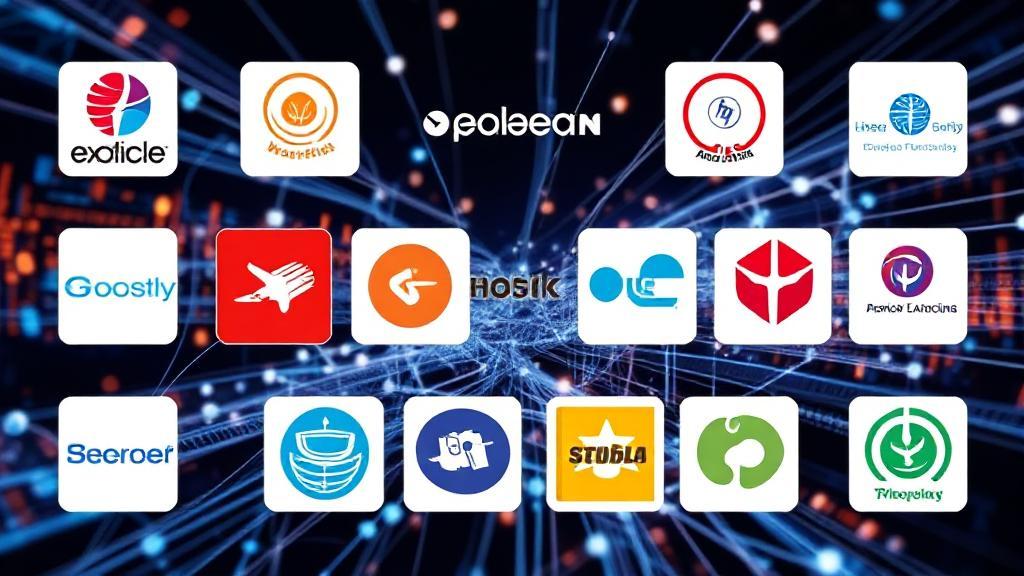Key Factors to Consider
Before selecting an internet provider, understand these crucial factors:
- Speed: Essential for streaming, gaming, and remote work
- Availability: Check which ISPs service your location
- Cost: Monthly fees plus additional charges
- Customer Service: Quality of support for technical issues
- Data Caps: Usage limits that may affect heavy users
- Reliability: Network uptime and performance consistency
Major Internet Service Providers
Xfinity
Overview: A Comcast subsidiary and one of America's largest ISPs.
- Free WiFi hotspot access
- Speeds: 25 Mbps to 2,000 Mbps
- Plans start at $29.99/month
- 1.2 TB data cap on most plans
- Advanced security features
Verizon Fios
Overview: Known for high-speed fiber-optic service.
- 99.99% network reliability
- Speeds: 200 Mbps to 940 Mbps
- Plans start at $39.99/month
- No data caps
- Whole-home WiFi coverage
- Highly rated customer satisfaction
AT&T Internet
Overview: Offers both DSL and fiber-optic services.
- Symmetrical speeds up to 5,000 Mbps (fiber)
- DSL speeds up to 100 Mbps
- Plans start at $35/month
- No data caps on fiber plans
- Free security features
- Professional installation included
Speed and Pricing Comparison
| Provider | Starting Speed | Max Speed | Starting Price |
|---|---|---|---|
| Xfinity | 50 Mbps | 2000 Mbps | $29.99/mo |
| Verizon Fios | 300 Mbps | 940 Mbps | $39.99/mo |
| AT&T Fiber | 300 Mbps | 5000 Mbps | $55/mo |
Technology Types
Fiber
"Fiber-optic internet represents the gold standard in residential internet connectivity, offering unparalleled speed and reliability."
Benefits include:
- Symmetrical speeds
- Lower latency
- Better reliability
- Future-proof technology
Cable
Traditional cable internet offers:
- Wide availability
- Reasonable speeds
- Established infrastructure
- Competitive pricing
Hidden Costs to Consider
- Equipment rental fees
- Installation charges
- Early termination fees
- Price increases after promotional periods
Security Features
Tips for Choosing
- Assess your needs - Consider connected devices and usage patterns
- Calculate total costs - Include all fees and equipment charges
- Read the fine print - Understand contract terms
- Check for bundles - Look for service combination savings
- Consider future needs - Plan for increased usage
For further research, consult resources like BroadbandNow, PCMag, or CNET for detailed reviews and comparisons.
Pro tip: Take advantage of new customer promotions and don't hesitate to negotiate with providers for better rates.
